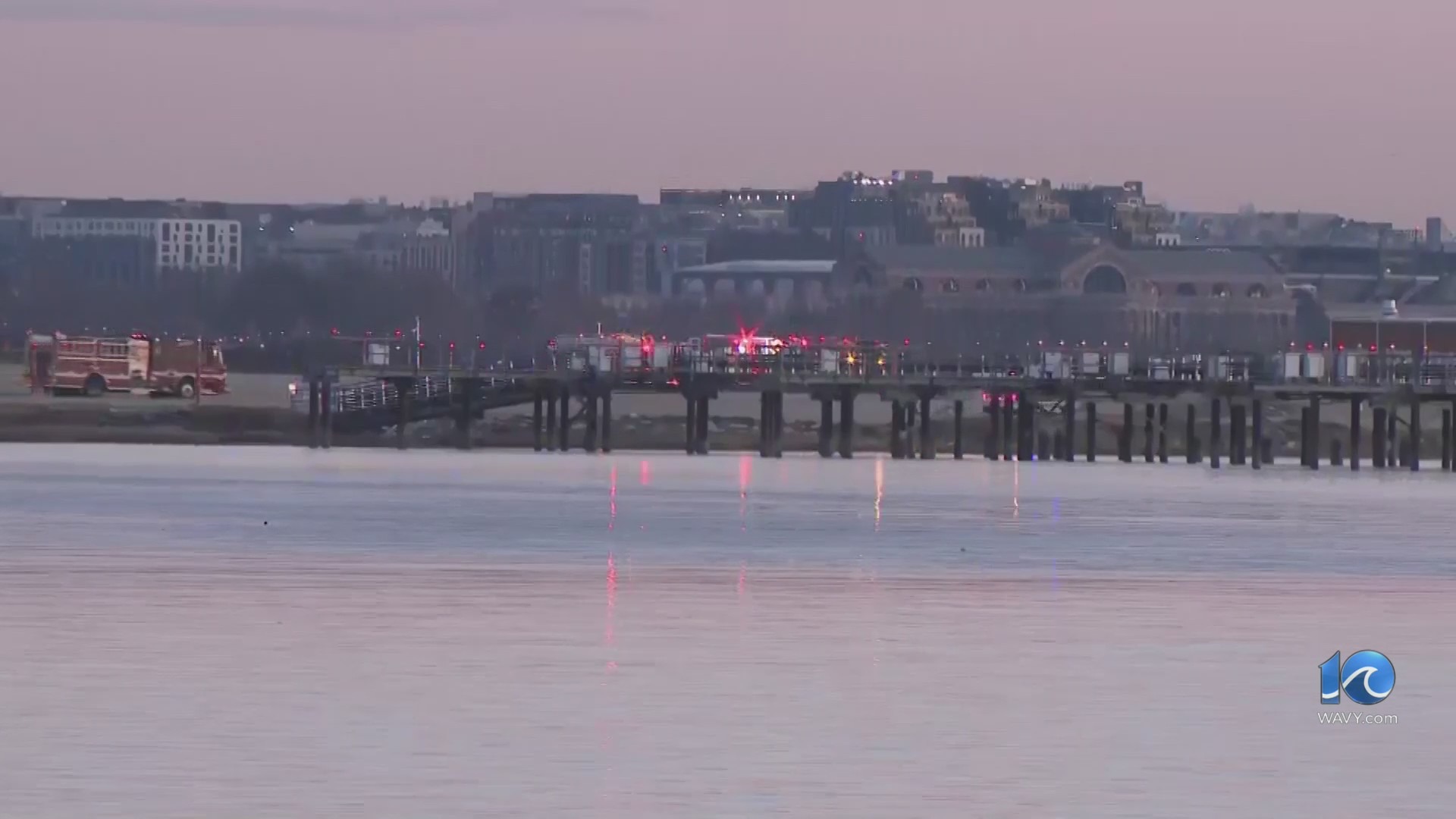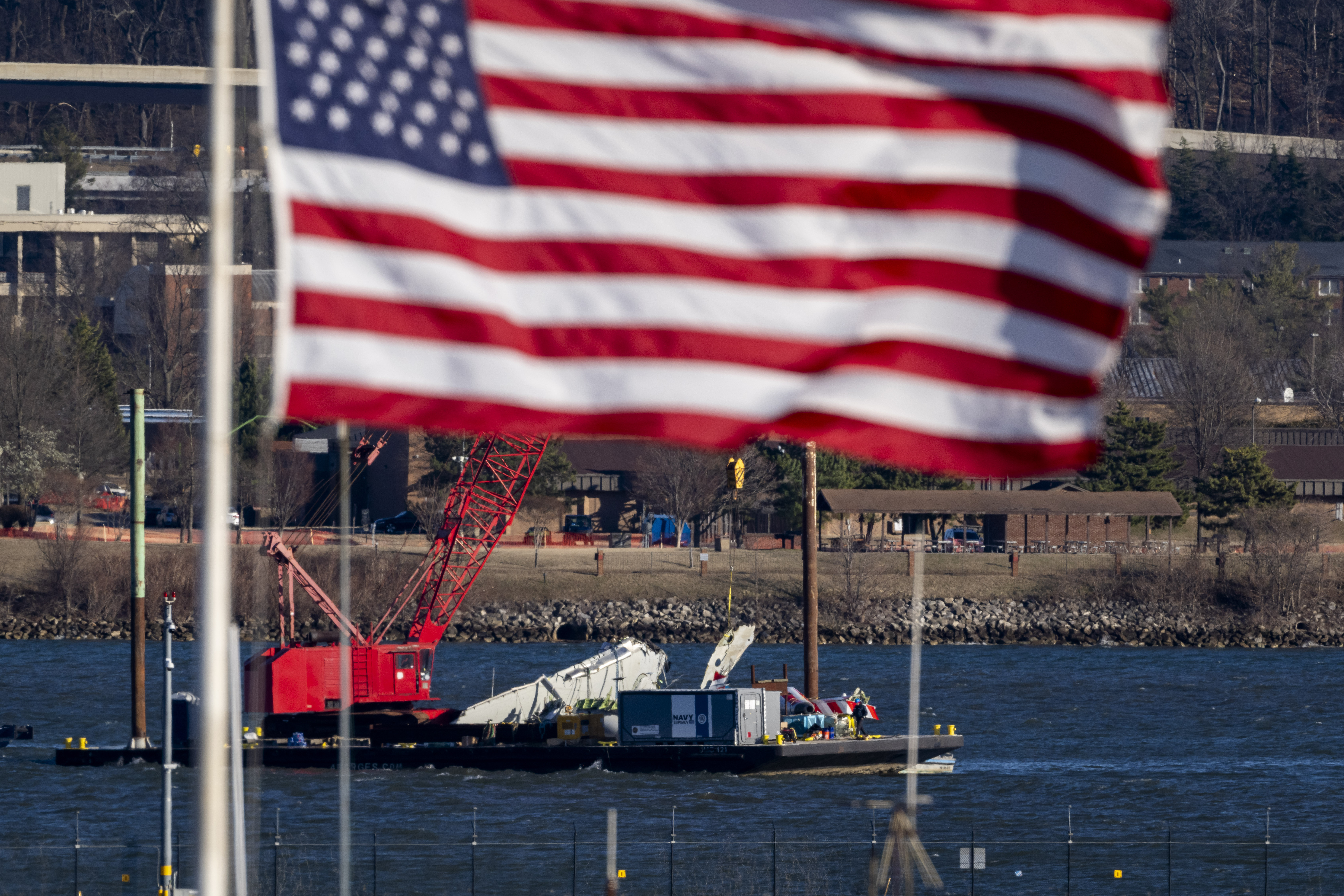EL PASO, Texas (Border Report) – A Mexican Senate commission has approved the entry of members of the U.S. Army’s 7th Special Forces Group (Airborne) into the country starting this week.
The Americans will come fully armed as part of a mission to train the Mexican Navy’s Infantería de Marina (marine infantry) on conventional and non-conventional types of combat.
The training takes place from Feb. 17 through March 30 at the Luis Carpizo naval facility in the state of Campeche, according to Sen. Alejandro Moreno Cardenas, president of the Mexican Senate’s Naval Ministry Commission.
The Americans are landing in a C-130 airplane in Campeche two days prior to the start of the training, Moreno said.
The commission unanimously approved the mission without discussion or dissent on Tuesday. The vote came at the request of President Claudia Sheinbaum Pardo, the senator said.
The 7th Special Forces Group, whose motto is De Opresso Liber! (Free the oppressed!), has participated in peacekeeping operations in Panama, Peru and Ecuador, and has been deployed to Afghanistan. Also known as Green Berets, they participated in operation Just Cause, which resulted in the January 1990 capture of Panamanian dictator Gen. Manuel Noriega, wanted in the U.S. on drug charges.

Sheinbaum and President Donald Trump earlier this month reached a deal to postpone crushing 25% tariffs on Mexican exports to the United States in exchange for Mexico stepping up its fight against the drug cartels flooding America with the deadly illicit drug fentanyl.
In return, the U.S. is supposed to step up its interdiction of firearms being illegally crossed into Mexico.
Mexico in the past has let in American military advisers into its territory, but always on training missions, U.S. security experts say.
“It’s important to say the Green Berets’ role is going to be just that: Training,” said Scott Stewart, vice president of intelligence for international security consultant TorchStone Global. “It’s not like they’re sending in the SEALs, the Delta (Force) or the (Army) Rangers. It’s not like we are seeing the deployment of combat troops or combat aircraft.”
Mexican news media, however, earlier this month reported the presence of an alleged American spy plane off the coasts of Baja California and possibly Sinaloa. The Mexican government denied any unauthorized air incursions.
Stewart said the Mexican government may have allowed the presence of such an airplane so it could pass on intelligence to its law enforcement agencies.
“That may be an attempt to increase signals intelligence – that plane is a vacuum, it sucks up all communications – but I think it would be intelligence to pass to the Mexican marines and not necessarily in preparation for a U.S. airstrike or something,” Stewart said.
Signals intelligence means decrypting and interpreting cellphone, radio and radar signals that have been intercepted from an adversary.
Mexico has traditionally been very guarded when it comes to letting in American troops – ever since the U.S. took half of its territory in 1848, political experts say. That is unlikely to change even with the threat of tariffs if Mexico doesn’t continue to slow the flow of migrants or fentanyl to the U.S.
Stewart agrees.
“I think this is mostly designed to prompt the Mexican government to do more and at the same time it looks like the Americans are trying to help them by training them some more,” he said.
The truce on the Mexican tariffs ends in March.






